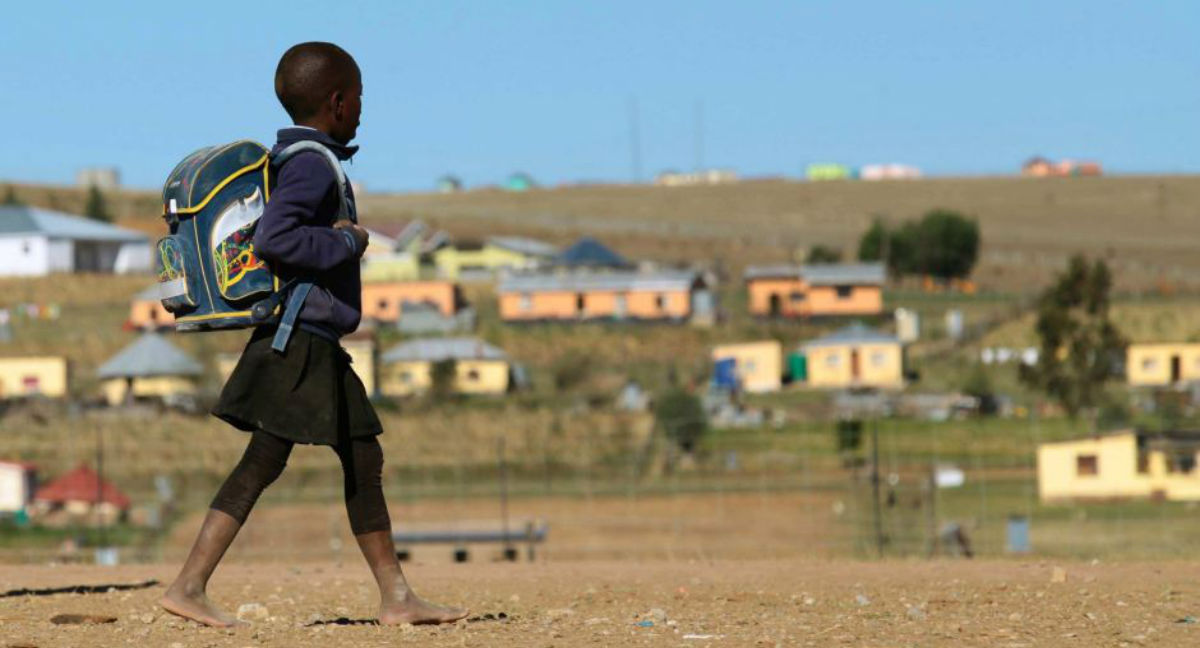
More Ubuntu, less autonomy, says South African bioethicist
The dominant philosophy in bioethics in the West is respect for autonomy. Although there is an extensive backstory to this, it has become enshrined in the “principalist” approach promoted by Tom Beauchamp and James Childress in their 1979 text Principles of Biomedical Ethics. But is respect for autonomy a good foundation for bioethics in all cultures?
Writing in Developing World Bioethics, South African bioethicist Kevin Behrens says No. He claims that sub-Saharan cultures have a communitarian approach which finds the radical individualism of principalism almost incomprehensible:
In essence, it is concerned only with individual decision-making, with the purported right of individuals to make choices about their health and life entirely on their own. On many African accounts this notion of autonomy is problematic. A pervasive notion is that it is central to the worldview of most Africans that community is prized and that individuals are bound up with their communities. Decisions about one’s body and life are, therefore, not to be taken by individuals acting alone, but in engagement with their families and communities.
This “strong sense of interdependence and mutual care” is widely known as Ubuntu, which means that “we cannot truly be persons outside of community with others. Human flourishing is dependent upon being in relationships, and sharing a way of life with others.” Behrens claims that this view is supported by communitarian theorists like Daniel Callahan and Amitai Etzioni. He even asserts that Western societies have lost an important dimension of their humanity by over-emphasing individualism.
Asserting is one thing; proving is another. Behrens tries to argue that “respect for persons” works better in bioethics than “respect for autonomy”.
When pressed to reflect honestly on what is important in their lives, even those who have been raised in strongly individualist communities must acknowledge that they do not really think that autonomy is all that matters; they also seek the support and participation of their loved ones in their decisions; they too take very seriously the impact of their choices on those who are important to them
Of course, this line of thinking quickly hits a speed bump: what is a person? If infants and disabled humans are persons, what about dolphins and chimpanzees? To accommodate humans who do not have autonomy, Behrens contends that we should distinguish between “persons with agency” whose right to self-determination should be respected, and “persons without agency” who need to be protected.
This article is a fascinating look at bioethics from a very different cultural perspective.
- How long can you put off seeing the doctor because of lockdowns? - December 3, 2021
- House of Lords debates assisted suicide—again - October 28, 2021
- Spanish government tries to restrict conscientious objection - October 28, 2021
